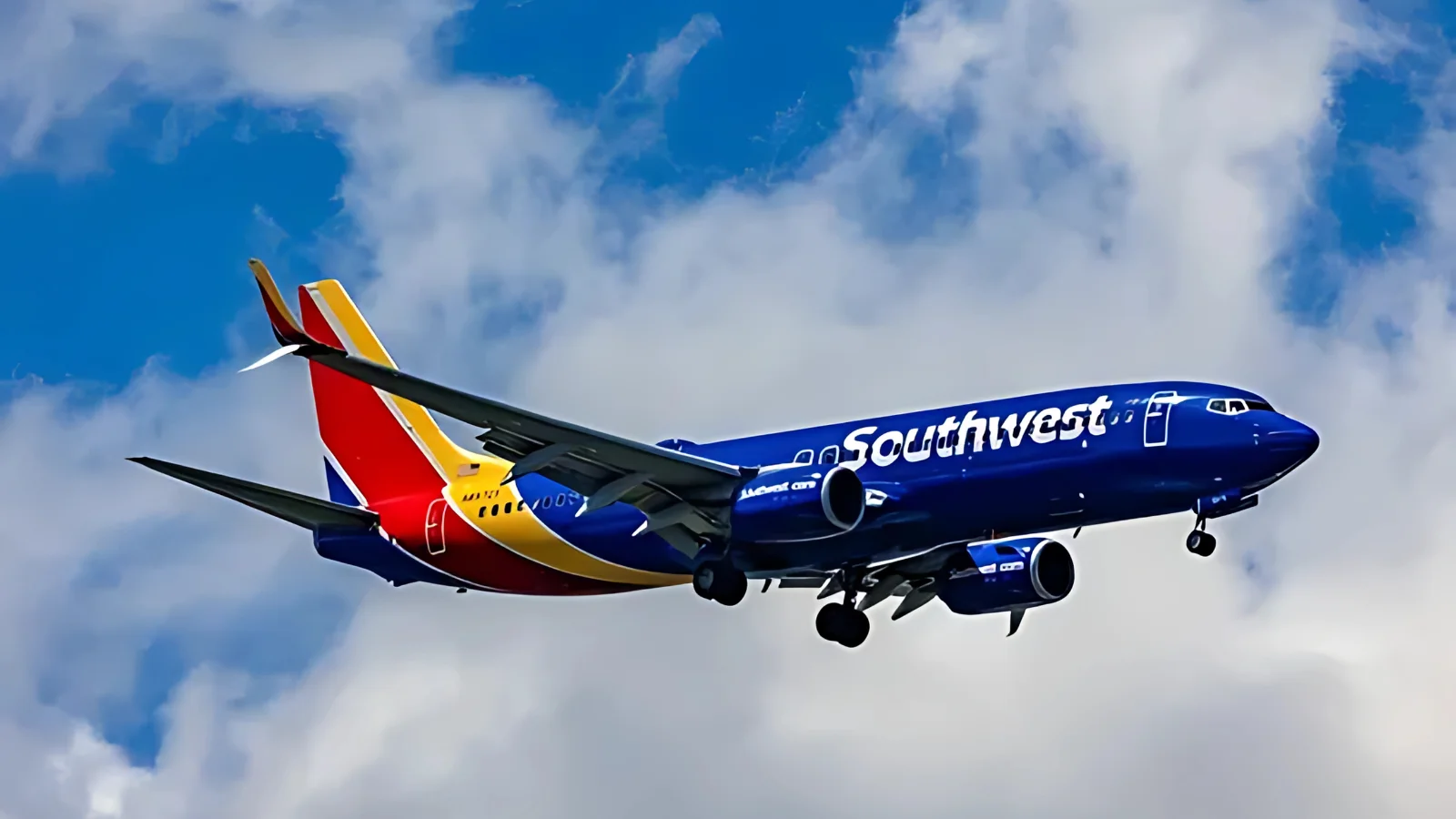Southwest Airlines and JetBlue Airways have been prominent in the airline industry, often drawing attention for their distinct approaches to balancing full-service amenities with low-cost operations. Both airlines occupy a middle ground between traditional carriers such as Delta Air Lines, American Airlines, or United Airlines, and ultra-low-cost operators like Spirit Airlines or Frontier Airlines.
Southwest has historically appealed to travelers seeking convenience through point-to-point routes. However, the appeal of features like open seating and free checked bags appears to be diminishing. JetBlue is currently seen as offering more value, especially with its premium cabin options and a network that targets less conventional leisure destinations.
Both airlines have recently undergone significant transformations. Southwest shifted from its longstanding operational model toward an ultra-low-cost approach, focusing on price and convenience. This change was influenced by activist investor Elliott Management, which acquired a $1.9 billion stake in the company during 2024 after years of underperformance compared to peers. Elliott pushed for major changes, including about $300 million in cost reductions and the removal of key customer benefits such as free checked baggage, open seating, and no change fees. The fund also secured six independent seats on Southwest’s board and set a target return on invested capital of 15%. These moves mark a departure from Southwest's previous identity as a family-oriented airline with unique customer offerings.
 Alerts Sign-up
Alerts Sign-up




































